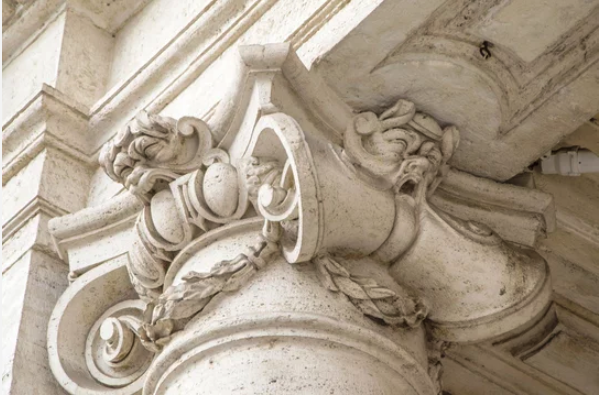Call for Papers: Restraint and National Security
Oct 18, 2019
Supported by both political parties, worldwide engagement has characterized American foreign policy for many decades. Debate has most often revolved around the nature and details of engagement strategies. But the presidency of Donald Trump has provoked contentious debate concerning American engagement with the world. Indeed, the Trump presidency has shifted that debate towards a more fundamental question: Is worldwide engagement a useful or valid expression of American political life? Moreover, recent works like Stephen Walt’s The Hell of Good Intentions and a recent Minerva Initiative study, The Political, Economic, and Social Effects of the United States’ Overseas Military Presence, are examples of fresh academic interest in examining and questioning the history and consequences of America’s broad foreign engagement.
In view of this, the Clements Center and its partners will convene a conference in order to examine moments in the history of American foreign relations when policy makers and/or the American public have embraced or emphasized restraint in foreign engagement. We hope to discover causes, connections, implications, and lessons that may inform our current moment, as leaders challenge the usefulness of a variety of engagement practices such as alliances, treaties, security assistance, détente, and direct military intervention.
Conference date and location:
Thursday, February 6th at The University of Texas at Austin. Schedule TBP.
Keynote Speakers:
Professor Francis Gavin, Giovanni Agnelli Distinguished Professor and Director of the Henry Kissinger Center for Global Affairs, Johns Hopkins University School of Advanced International Studies
Associate Professor John Schuessler, co-Academic Director of the Albritton Center for Grand Strategy, the Bush School of Government and Public Service at Texas A&M University
Proposal instructions:
Send a 300 word abstract of your proposed presentation in pdf format to [email protected] and [email protected] by December 20th. Presenting works in progress is strongly encouraged. We are looking for thoughtful, defensible presentations, which may not yet constitute articles that are ready for peer reviewed journals. Presenters should plan for about 20 minutes of lecture and 10 minutes for questions and discussion. Proposals will be reviewed and accepted on a rolling basis. All proposals will receive an answer by December 23rd.




